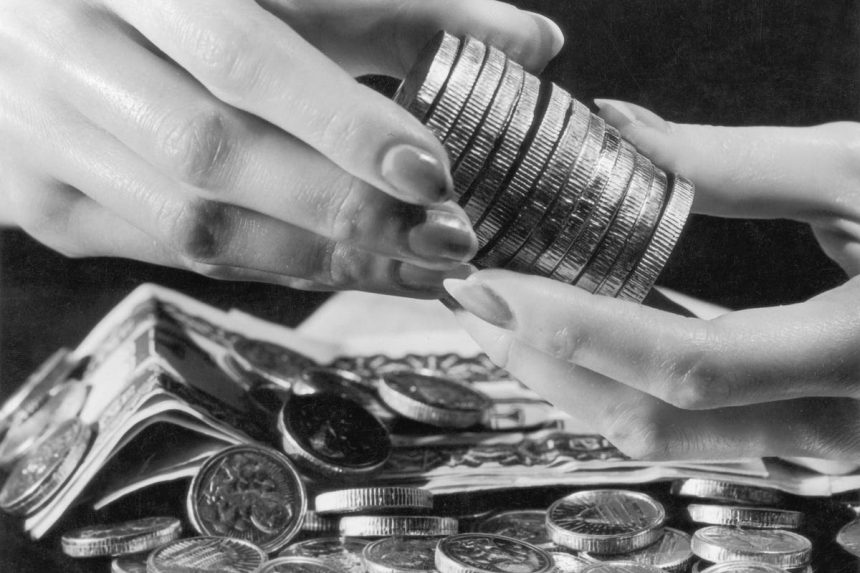There is a new trend on TikTok called “girl math.” If you haven’t seen it, it involves girls illogically justifying their purchases and spending habits. For example, buying anything under $5 is free; if I return an item I’ve purchased, that is considered “making money;” paying for something with Venmo is free if I already have money in my Venmo account to pay for it.
Clearly, none of these reasons are logical at all and are excuses to promote frivolous spending.
But there is something else “girl math” promotes. The stereotype that women are not good with math and, therefore, not good with money.
The stereotype that women are not good with money has deep historical and cultural roots.
In many societies, women were historically confined to domestic roles and were not given access to education or opportunities to manage finances. This created a perception that women lacked financial knowledge and skills.
This stereotype is why until 1974, and the adoption of the Equal Credit Opportunity Act, women were not allowed to have a bank account, a credit card, or obtain a loan. They were seen as not sophisticated or intelligent enough to be able to manage money wisely.
Even after 1974, media and pop culture still perpetuated these stereotypes. Shows like Sex In The City and Confessions Of A Shopaholic portrayed women as impulsive shoppers and reinforced these biases. They unfairly suggested that when we are left to our own devices, we will frivolously spend all of our money without regard for our financial well-being.
While women have come far since 1974, and many studies have debunked these stereotypes, the “girl math” trend takes us back almost 50 years.
It tells the world that we cannot use logic when it comes to money. That we do not have the critical thinking skills or aptitude to properly manage our money. That we are incapable of making sensible financial decisions. That we will use any excuse to spend money. That our financial future is irrelevant to us. And most importantly, that we cannot be trusted with money.
Since we allegedly cannot be trusted with money, “girl math” implies we have to be saved from ourselves. Thus, we should leave the control of the finances to male partners who are supposedly better at handling money than we are, sending us back to pre-1974.
— Instead of belittling ourselves and jumping on this self-defeating trend, I propose we create a new one called “smart girl math,” highlighting the actions we take to save money and be financially responsible.
Some examples:
- Instead of spending $5 a day on coffee, which equals $100 a month, I’m going to invest that money every month, and at retirement, have more than $500,000.
- Instead of spending $500 on that trendy blouse I’m only going to wear for two seasons, I’m going to buy an almost identical blouse from Zara for $40 and contribute the rest to my emergency fund.
- Instead of buying a new car, I’m going to take the train and put the money I’m saving into a high-interest-bearing savings account and save for the down payment of a house.
This is the type of math we should celebrate and encourage, regardless of gender. It debunks negative stereotypes about women and shows our ability to manage our own money and make our own smart financial decisions.
Read the full article here




